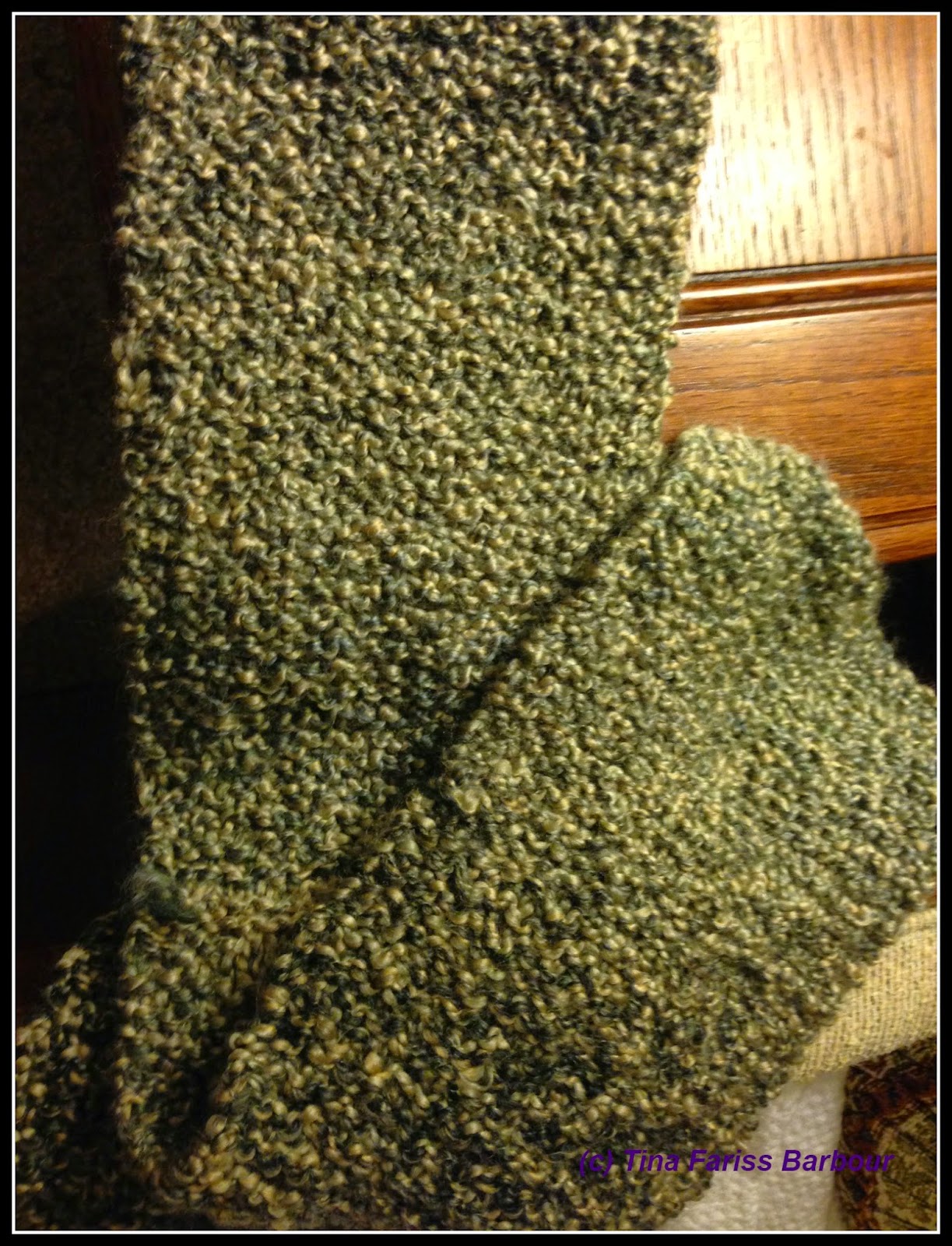 |
| "A bit of autumn" |
Every time I woke up Saturday
night into Sunday morning, I thought about the upcoming Confrontation.
They won’t believe me.
I’m going to get upset.
I’m going to start crying.
If they can’t help me, I’m going to have to go probably a week without
enough meds.
It’s going to be too hard.
I turned over and told myself that
I couldn’t know then, in the middle of the night, lying in my bed, what would
happen. It might not be so bad. I’d deal with it then.
I fell asleep.
Then I woke up again, and the
fears would take over again.
I was experiencing classic anticipatory anxiety, where I was
getting anxious about an upcoming event or interaction. I was feeling the
anxiety as if I were in the middle of the situation, and the situation was
going badly.
What was the Confrontation I
dreaded?
A talk with the pharmacist at the
local drugstore.
I hate confrontations. I have a
lot of fear about people being angry at me or thinking ill of me. I have kept
quiet and suffered the consequences of not speaking up, not asking for better
service, not asking for what was rightfully mine.
I know at least some of this
tendency is because of my intense anxiety.
The situation I faces was this: When
I got my antidepressant refilled, I thought the bottle felt light. But the
bottle was small and the pills were large, so it was hard for me to tell.
I pushed aside my worry. Surely,
the pharmacy staff would have gotten it right.
On Saturday night, I really looked
into the bottle, and I could see the bottom, with only six pills left. I
checked the refill date, and it was just two weeks ago. There was no way that I
started out with 60 pills.
I told Larry about it.
“They’ll think I’m lying to get
some free pills,” I said.
I was also worried that they would
think I was taking extra pills. That I was one of those “mental” people who
couldn’t keep track of her meds.
Yep, I was self-stigmatizing too.
There was nothing concrete that
Larry could do, of course. It was too late to go the pharmacy. I’d have to wait
until the next day.
So I had the difficult night.
Morning came, and I got showered
and dressed and drove to the pharmacy. It was just about seven minutes away,
but I wanted it to be longer.
I walked into the store and asked
to speak with the pharmacist on duty. She met me at the counter. I her my
story.
“I don’t remember for sure if I
started that prescription the day I got it. It may have been the following
Monday or Tuesday. But I only have six pills left,” I said.
I was nervous. I talked faster
than I usually do.
She looked at the bottle and said,
“It looks like we probably gave you 30 instead of the 60. We’ll fix that.”
“I don’t have any way to prove
that you didn’t give me the pills,” I said.
“That’s OK,” she said. “We believe
you.”
And she put the extra pills into
the bottle and apologized for shorting me.
And that was all.
No accusations. No rebuffs. No
anger. No tears.
I felt the light-headed feeling I
get after an anxious experience is over.
I had spent all that time worrying
and creating stories with negative outcomes. I expected a bad experience, even though I knew I couldn’t know for certain what would happen.
In truth, the reality was not
nearly as bad as I had anticipated. And it usually works out that way, if I’m
honest.
Sure, we all have difficult
interactions with others sometimes. And bad things happen to all of us. Maybe
we had times when we expected good things and they never happened.
But there’s no need to worry about something that might not happen.
This seems to be a lesson that I
have to learn over and over.
How about you—Do you ever
experience anticipatory anxiety?















